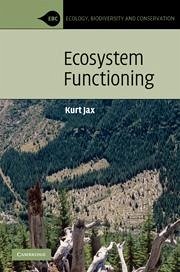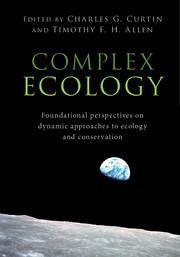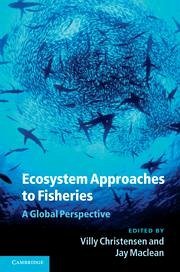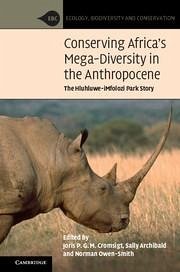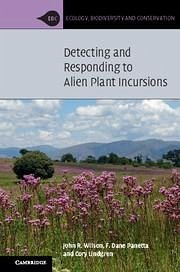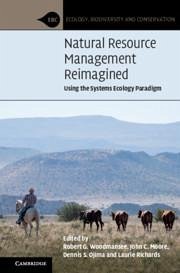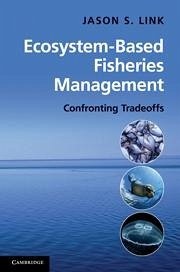Kurt Jax
Gebundenes Buch
Ecosystem Functioning
Versandkostenfrei!
Versandfertig in über 4 Wochen
Weitere Ausgaben:

PAYBACK Punkte
71 °P sammeln!





A new and integrative analysis of the concept of ecosystem functioning, providing guidance for its application in conservation practice.
Kurt Jax is a senior scientist at the Helmholtz-Centre for Environmental Research - UFZ, in Leipzig, Germany, and Professor of Ecology at the Department of Ecology and Ecosystem Management of the Technische Universität München, Munich. He was educated as a freshwater ecologist. Having gained experience in research and conservation projects in freshwater, terrestrial and marine environments, he now focuses on the conceptual foundations of ecology and conservation biology, a field in which he has done research for two decades. His special emphasis is on the application of ecological concepts as tools for conservation biology and on the adaptation of methods from the humanities (especially philosophy) for interdisciplinary research in the environmental sciences. He pursues both theoretical and empirical research in this field. His activities include the development of the new research and edition project Handbook of Ecological Concepts and empirical conservation research in the Cape Horn region. Major publications of the last years have dealt with the concepts referring to ecological units (such as population, community, or ecosystem), and the relations between peoples' perceptions of nature and conservation strategies. Between 1999 and 2008 Kurt Jax was also a member of the Editorial Advisory Board of the journal Environmental Ethics.
Produktdetails
- Verlag: Cambridge University Press
- Seitenzahl: 286
- Erscheinungstermin: 16. September 2010
- Englisch
- Abmessung: 229mm x 155mm x 18mm
- Gewicht: 590g
- ISBN-13: 9780521879538
- ISBN-10: 0521879531
- Artikelnr.: 30538715
Herstellerkennzeichnung
Libri GmbH
Europaallee 1
36244 Bad Hersfeld
gpsr@libri.de
"The text is filed with many intriguing questions, offering constant stimulation to readers. A valuable resource for readers interested in ecological theory as well as ecosystem science and management. Highly recommended."
J. Chen, University of Toledo for Choice Magazine
J. Chen, University of Toledo for Choice Magazine
Für dieses Produkt wurde noch keine Bewertung abgegeben. Wir würden uns sehr freuen, wenn du die erste Bewertung schreibst!
Eine Bewertung schreiben
Eine Bewertung schreiben
Andere Kunden interessierten sich für



